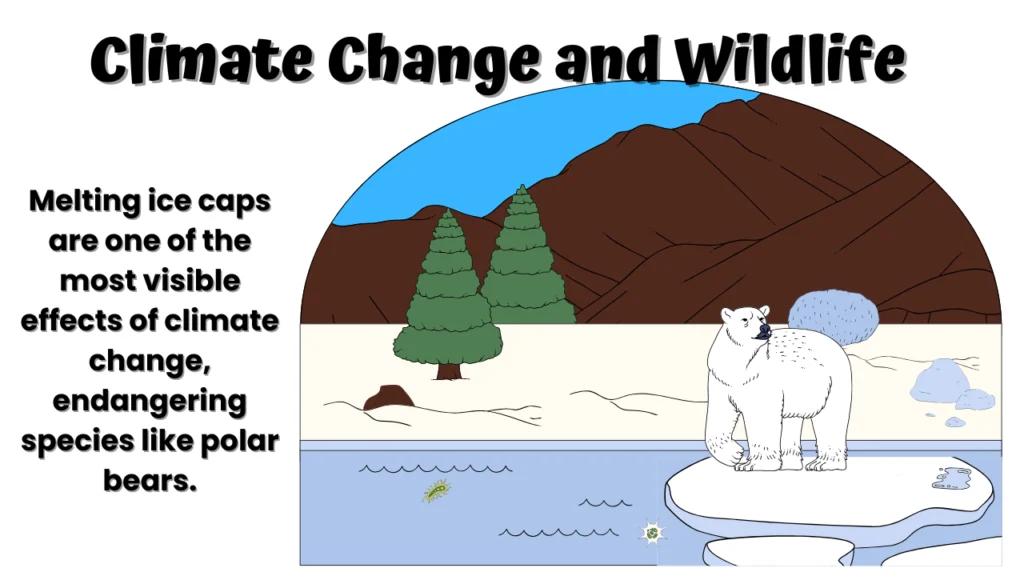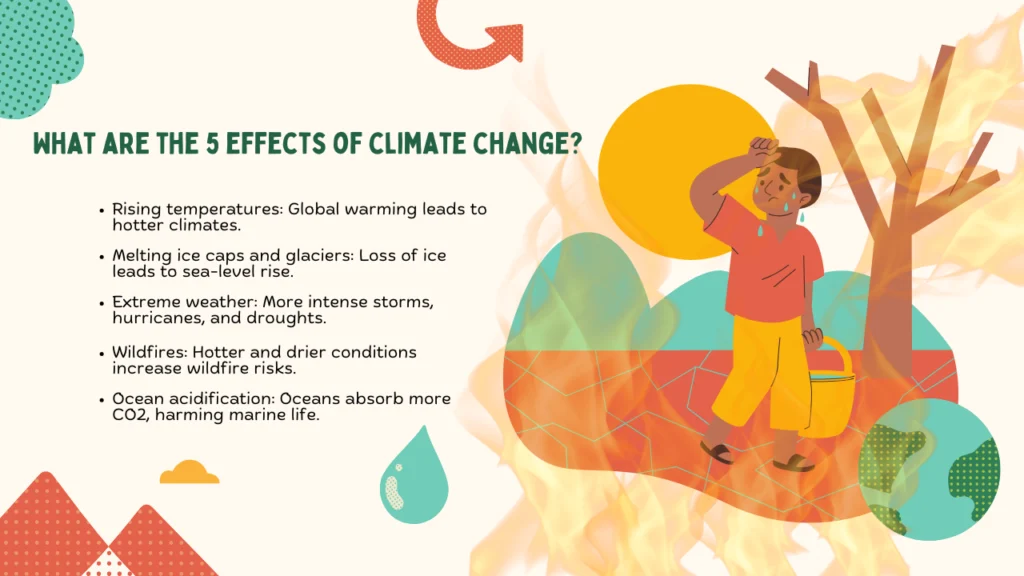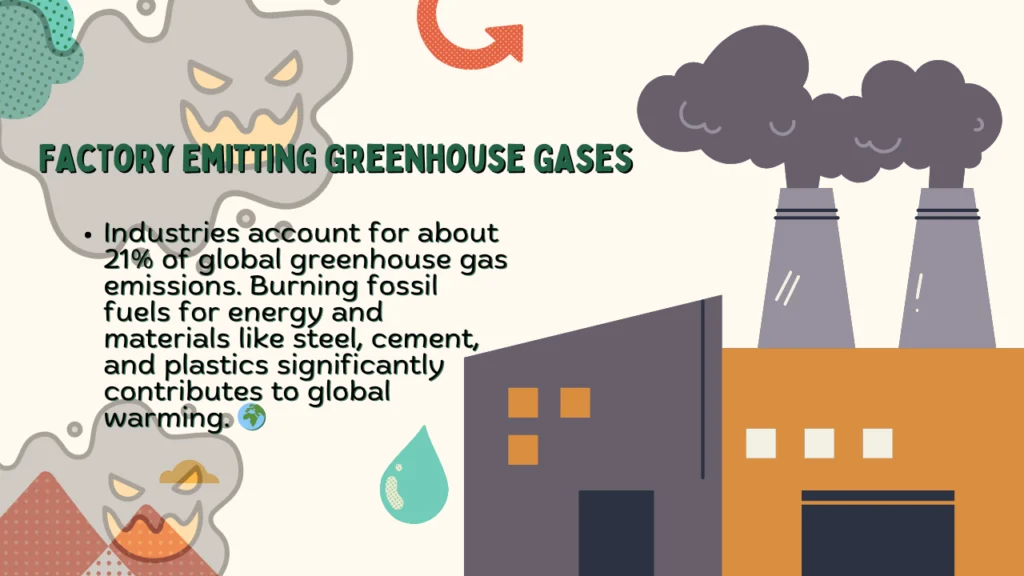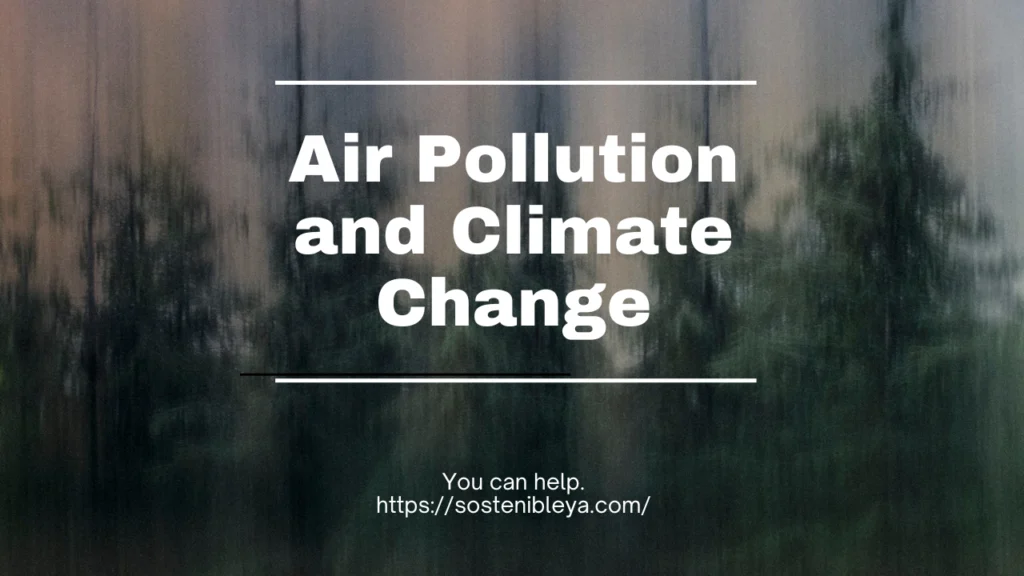Why Should We Stop Climate Change? 🌍

Climate change is one of the most pressing issues humanity faces today. The impacts are already being felt worldwide, from rising sea levels to extreme weather patterns, and it’s clear that urgent action is needed. But why should we stop climate change? In this article, we will explore the reasons why combating climate change is essential for the environment, human health, biodiversity, and future generations.
1. Protecting Wildlife and Ecosystems 🐾
One of the most critical reasons to stop climate change is to protect wildlife and natural ecosystems. As global temperatures rise, many species struggle to adapt to the rapidly changing conditions. Polar bears are losing their ice habitats, coral reefs are being destroyed by ocean acidification, and forests are shrinking due to increased wildfires and deforestation. If we don’t act now, countless species may face extinction, which will disrupt the balance of entire ecosystems.
2. Securing Clean Air and Water 💧
Climate change directly impacts the quality of air and water. As carbon emissions continue to rise, air pollution worsens, leading to increased respiratory problems and cardiovascular diseases, especially in urban areas. Additionally, rising global temperatures affect the water cycle, leading to more frequent droughts and floods. Water scarcity is already a reality in many parts of the world, and failing to stop climate change will only make access to clean water more difficult.
3. Ensuring Food Security 🌱
The effects of climate change on agriculture are profound. Changing weather patterns, increased pests, and extreme conditions like droughts and floods threaten global food production. Crops like wheat, corn, and coffee are particularly vulnerable, and disruptions in food supply chains could lead to higher prices and food shortages. By stopping climate change, we can protect the future of global food security and ensure that populations worldwide have access to nutritious and affordable food.
4. Reducing Extreme Weather Events 🌪️
Climate change contributes to more frequent and intense extreme weather events, such as hurricanes, heatwaves, and floods. These events not only cause massive destruction but also displace millions of people, lead to loss of life, and create economic challenges. By stopping climate change, we can reduce the likelihood of such catastrophic events and minimize their devastating impacts on communities worldwide. For a deeper understanding of how climate change affects our planet, read our article on What are the 7 Effects of Climate Change?. For a deeper understanding of the link between pollution and climate, check out our article on What is Pollution and Emissions?.
5. Safeguarding Future Generations 👶
We have a responsibility to future generations to leave behind a planet that is livable. If we don’t take action to stop climate change now, future generations will inherit a world with more severe environmental problems, food and water shortages, and a higher risk of natural disasters. By reducing our carbon footprint and transitioning to renewable energy, we can ensure that the world remains a safe and sustainable place for our children and grandchildren. Curious about whether buying carbon offsets can help? Read more in our article Does Buying Carbon Offsets Do Anything?.
6. Economic Benefits of Climate Action 💼
Investing in renewable energy and sustainable practices not only helps reduce greenhouse gas emissions but also creates jobs and stimulates economic growth. Clean technologies like wind, solar, and electric vehicles are becoming more affordable and accessible, offering a greener alternative to fossil fuels. By transitioning to a low-carbon economy, we can create a more resilient future that benefits both the environment and the global economy.
7. Preserving Our Health 🏥
Climate change has direct and indirect impacts on human health. Rising temperatures increase the risk of heat-related illnesses, while air pollution from burning fossil fuels leads to respiratory problems. Additionally, climate change increases the spread of vector-borne diseases like malaria and dengue fever. By stopping climate change, we can reduce these health risks and improve the quality of life for people worldwide.
How Can We Stop Climate Change? 🌱
Stopping climate change requires collective action at every level—from individuals to governments and businesses. Here are some key steps to take:
- Switch to renewable energy: Reduce reliance on fossil fuels by adopting clean energy sources like wind, solar, and hydroelectric power.
- Improve energy efficiency: Implement energy-saving practices in homes, businesses, and industries to reduce overall consumption.
- Protect forests and ecosystems: Reforestation and conservation efforts can help absorb carbon dioxide and protect biodiversity.
- Support policies that limit emissions: Governments must enforce regulations that reduce greenhouse gas emissions and encourage sustainable practices.
- Adopt sustainable lifestyles: Reduce waste, use public transportation, and make eco-friendly choices in daily life to lower your carbon footprint.
Conclusion: Why Should We Stop Climate Change? 🌍
So, why should we stop climate change? The answer is clear: to protect the planet, preserve biodiversity, ensure clean air and water, and safeguard future generations. While the challenge is enormous, the solutions are within our reach. By acting now and embracing sustainable practices, we can prevent the worst impacts of climate change and create a healthier, more resilient world for all.
FAQs: Why Should We Stop Climate Change?
Why is it important to stop climate change?
Stopping climate change is essential to protect ecosystems, ensure food security, safeguard human health, and prevent extreme weather events.
How does climate change affect wildlife?
Climate change destroys habitats and forces species to migrate, often leading to a loss of biodiversity and pushing species like polar bears and coral reefs to the brink of extinction.
Can renewable energy help stop climate change?
Yes, renewable energy sources like wind and solar produce little to no greenhouse gas emissions, making them crucial for reducing our carbon footprint and slowing climate change.



